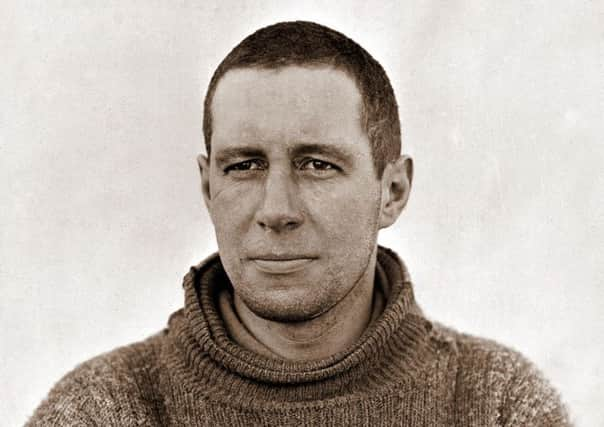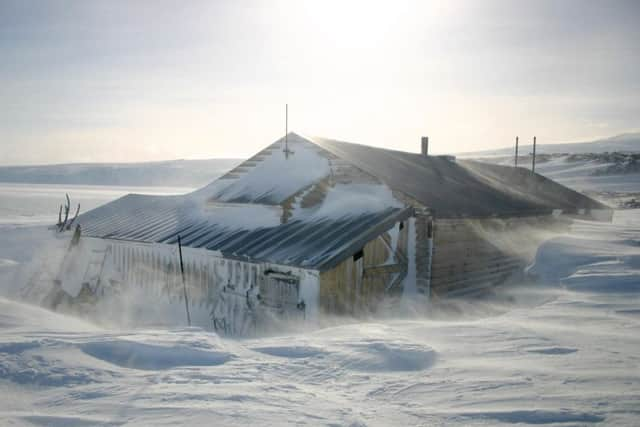Catastrophic weather defeated British Antarctic bid


READ GORDON LUCY’S ORIGINAL ARTICLE AT THIS LINK.
Gordon and I certainly agree that Oates was “a very gallant gentleman.”
The record also shows him to have been a brave and stoical explorer, as hard as nails.
Advertisement
Hide AdAdvertisement
Hide Ad

Gordon fairly points to a series of disagreements between Oates and Scott, but I think this is best described by Sir Ranulph Fiennes (a biographer of Scott, and probably the greatest living expert on Antarctic travel) in the following terms: “Scott was very good at his multi-faceted, complex job, and Oates was without equal at his specific task, but neither could bridge the hostility gap between them for both were natural introverts.”
Where I part company with Gordon is on his assessment of Scott and his conclusion that “the over-arching explanation for the failure of the expedition is the stark contrast between the professionalism of Amundsen’s expedition....and the gentlemanly amateurism of Scott’s expedition.” Scott was no amateur: he had led a successful scientific expedition to Antarctica ten years earlier when he had mapped the early part of the journey to the Pole and was using the techniques which had worked for him before. He was as knowledgeable as any man about Antarctica.
Furthermore, there was no “race” to the Pole: Scott was again leading a scientific expedition which brought back fossils, coal samples and measurements which revolutionised our understanding of the Antarctic continent.
Amundsen’s expedition was essentially a single-purpose journey with the goal of planting the Norwegian flag at the Pole.
Advertisement
Hide AdAdvertisement
Hide Ad

The real reason for the death of Scott and his men, quite simply, was the appalling weather they encountered. This is no jingoistic, pro-British excuse to explain failure, but the painstakingly-researched conclusion of an American scientist, Dr Susan Solomon, who spent years conducting research in Antarctica and has drawn on decades of wind and temperature statistics.
Scott was overwhelmed by catastrophically low temperatures which the best planning could not have anticipated and which we now know are only experienced in about one year in fifteen in Antarctica.
As we approach the 106th anniversary of the deaths of Scott, Oates, Wilson, Bowers and Evans, let us remember their epitaph, carved on a wooden cross on Ross Island, Antarctica, and legible to this day: “To strive, to seek, to find and not to yield.”
Geoffrey Bowman, Belfast BT8